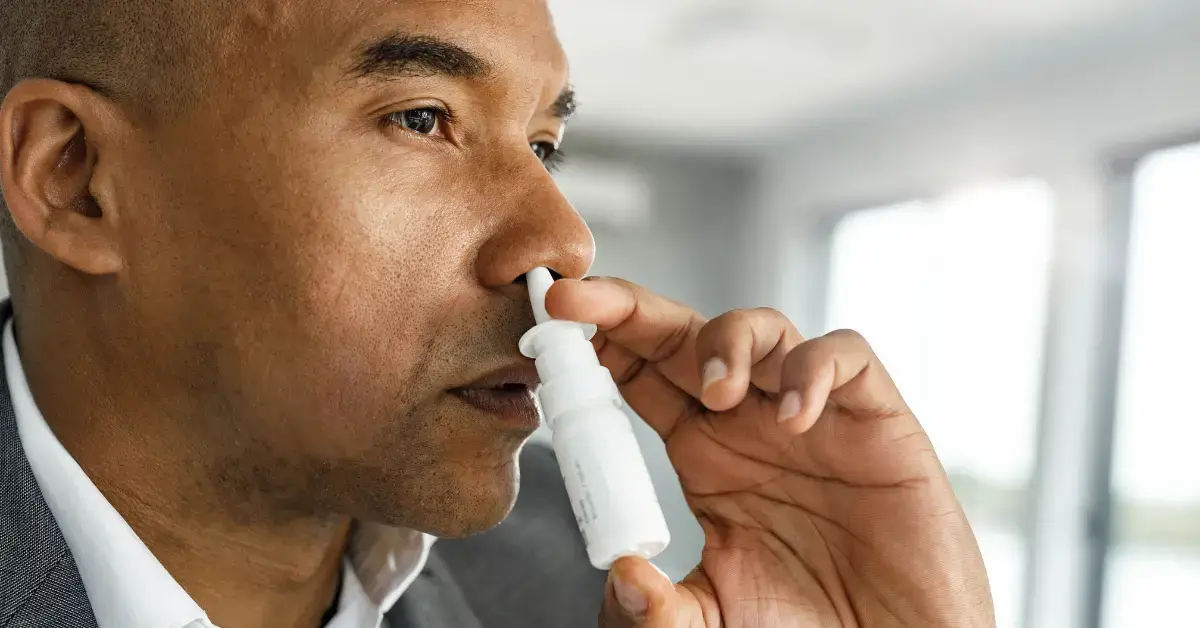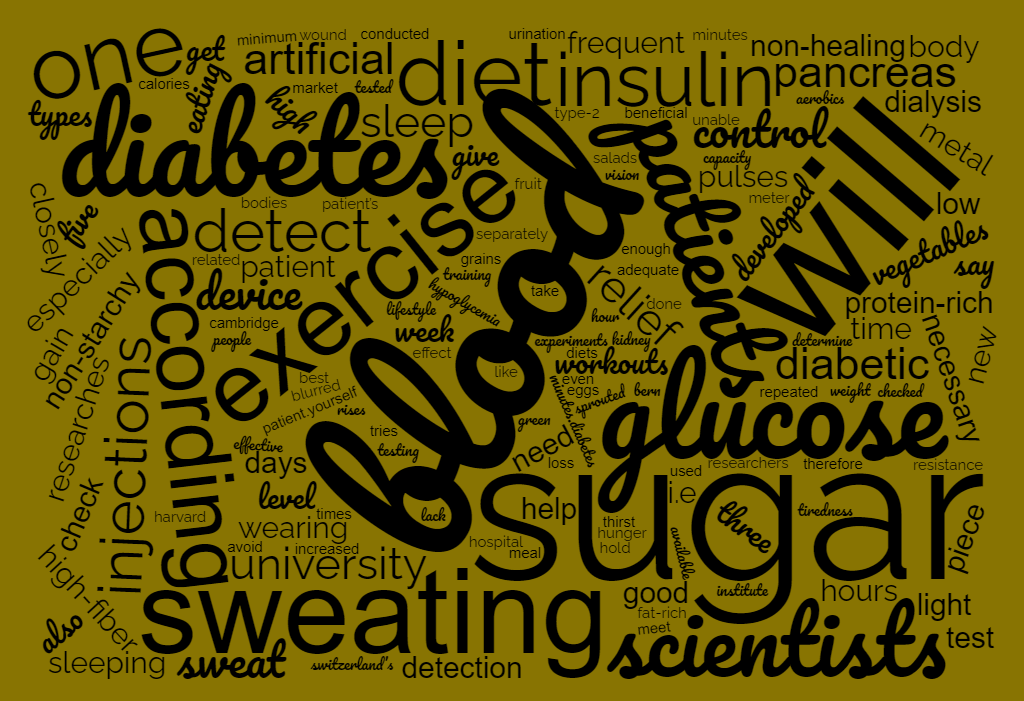Sleep definition and 9 factors affecting sleep derangement.
This blog post may contain affiliate links. If we find a product or service to be useful, we encourage you to visit the website via that link. If you make a purchase through our referral link, we may receive a commission. Rest assured, you will not be charged any additional fees. By using these links, you can support us while making your purchase. For more information visit here.
Sleep derangement is a broad term used to describe any disruption or abnormality in the sleep-wake cycle, including sleep disorders such as insomnia, sleep apnea, and narcolepsy. It can lead to difficulty falling asleep or staying asleep, excessive sleepiness during the day, and other symptoms that can affect a person’s quality of life.
Sleep definition and factors that influence sleep derangement.
Our body relies on deep sleep to rebuild and restore itself to function correctly. It isn’t easy to pinpoint the right amount of sleep a person needs each day. It is so because it depends on many factors like health, diet, lifestyle, and genetics. But it is a fact that sleeping 6-8 hours a day is a natural process. Yet, it is almost impossible to define sleep accurately.
Some people require more sleep, while others can function on less sleep. Determine how much rest is necessary for you to stay productive, as too much sleep will lead to health issues. Your energy level during the day is low if you are not getting enough sleep because it leads to fatigue during the day. Sleep deprivation or a lack of sleep fuels the fire that causes you to become mentally unfit, harming your work performance.

Definition of Sleep
Sleep means withdrawing your attention from all your activities for 6 to 7 hours and getting into a meditative state, whether day or night. You and your body are in another realm when you sleep. That is a very special experience for you and everyone.
Sleep involves four stages based on rapid eye movement (REM) and non-rapid eye movement (NREM). The first stage of NREM occurs when you fall asleep, while the second stage is when you are dreaming. During the second stage, most people experience sleepwalking and sleeptalking.
The third stage of NREM is delta-wave sleep, which occurs within an hour after falling asleep. If this phase lasts longer than an hour, it may signify a sleep disorder such as narcolepsy or obstructive sleep apnea.
Rapid Eye Movement (REM) is the fourth and last stage of sleep. It is active sleep where your breathing is slightly abnormal and your eyes blink rapidly. You can have a dream while sleeping in this phase. That’s why it’s said that morning dreams sometimes come true (lol).
Night terrors and Nightmares
Night terrors and nightmares are both types of sleep disturbance that can affect individuals of all ages. Night terrors, also known as sleep terrors, are episodes of intense fear that occur during deep sleep. They typically occur during the first few hours of sleep and can cause the person to scream, thrash, and appear to be in a state of panic. Unlike nightmares, which often involve vivid and scary dreams that the person can recall upon waking up, people who experience night terrors usually have no memory of the episode.
Nightmares, in contrast, are frightening dreams that can wake a person up from sleep. They are more common in children but can also occur in adults. Dreams often involve scary or traumatic events, such as being chased, attacked, or witnessing a loved one in danger. The person may wake up feeling scared or distressed, and they may have difficulty falling back asleep. A variety of factors can cause nightmares, including stress, anxiety, trauma, medications, or sleep disorders.
Night terrors are episodes of extreme fear while asleep. They can occur in children or adults and may involve sweating and confusion upon waking up. Night terrors differ from nightmares because the person doesn’t remember them upon waking up. Thus, it becomes more challenging to diagnose.
The optimal amount of sleep should be between seven and eight hours per night to maintain general health. Stressors, such as a lack of sleep, can lead to illness by diminishing your resistance. When people sleep, they are not active, unlike when awake. Sleep helps the brain and body to recover from being sharp. This makes it possible for people to think, learn, and remember things from before or years ago.
During sleep, the brain regulates many processes that keep the body healthy. Our metabolism improves by signaling the brain to remove waste products through a process. That is called “Glymphatic Clearance,” which happens during deep sleep.
Circadian Rhythm
Broadly speaking, sleeping at night and waking up during the day is what we can call the circadian rhythm. To understand sleep disturbances, it is imperative to first understand circadian rhythms.
There are two primary circadian rhythms: one that responds to light and one that relates to darkness. These two rhythms work together to expose you to light when you are awake, which stimulates the light-sensitive rhythm. When you sleep, you are in darkness, which allows your brain to respond to cues from the dark-sensitive rhythm.
When does the circadian rhythm operate?
The circadian rhythm operates 24 hours a day and represents a series of changes in the body on a 24-hour basis. An internal biological clock that is in the brain’s hypothalamus controls the circadian rhythm.
The most critical factor influencing the circadian sleep cycle is light. Studies have shown that light has a significant impact on sleeping patterns. In fact, exposure to bright light two hours before bedtime may shift your internal clock later, delaying sleep onset.
Light exposure and other factors affect the circadian rhythm, including temperature, food intake, and exercise. The circadian rhythm affects all aspects of your body, including:
- Body temperature
- Regulation of hormones like cortisol and melatonin
- Blood pressure
- Food intake patterns
Other factors also influence the circadian rhythm, such as:
Age: As we age, our circadian rhythms change, making it difficult to fall into slumber and stay asleep at night. Older adults have more difficulty staying asleep than younger adults.
Time zone travel: The constant change of time zones can affect your internal clock or sleep. If you regularly travel for business, it can disrupt your sleep quality at night.
Shift work: working nights or rotating shifts can lead to poor quality sleep during regular waking hours.
There are two phases in the circadian rhythm: the sleep-wake cycle and the fasting cycle. The sleep-wake process occurs every 24 hours at approximately the same time each day.
In contrast, the fasting cycle operates only during prolonged periods without food intake. An internal biological clock regulates this rhythm in the brain in humans, known as the suprachiasmatic nucleus (SCN). In turn, it regulates several hormones that make us sleepy or alert.
What is sleep derangement?
Sleep derangement is any disorder of sleeping patterns that results in a lack of sleep. Deterioration of sleep quality can cause many other health problems. Suppose you do not get enough sleep. It spreads your sleep over 24 hours, rather than concentrating on 7 or 8 hours. Then you will find that the brain still follows its sleep pattern.
For example, if you have 5 hours of sleep in a 24-hour cycle, you will feel more alert during the 5th hour. When we talk about sleep deprivation, the average is six hours of sleep. But it can range from seven hours to more depending on the individual.
According to experts, “sleep is a biological imperative, not a lifestyle choice.” A lack of adequate sleep affects your body’s inner workings, emotions, and performance. Most importantly, you feel volatile, and your time suffers. Examples of sleep problems include insomnia, narcolepsy, and sleep apnea, which are all classed as sleep disorders.
Insomnia is when an individual can’t fall asleep or stay asleep at night, resulting in severe fatigue and daytime drowsiness.
What exactly is the definition of sleep derangement?
Sleep derangement is a medical condition that occurs due to lack of sleep or any other medical condition. It happens when someone who has been sleeping for long periods suddenly wakes up with severe symptoms. Symptoms include vomiting, excessive sweating, and chills despite prolonged sleep.
You can find the definition of sleep disturbance in several books and articles written by doctors who specialize in this area. Some experts believe stress causes sleep disorders. But others claim that too many external stimuli cause our brains to over-clutter with information.

What are the causes of sleep derangement?
Sleep derangement is psychological, though certain external circumstances can also cause this derangement. For example, it may be necessary to work all night, and one has no time for sleep. Being in the middle of a noisy crowd, suffocating heat, or the din of a party will make it impossible to sleep. Disturbances in the family and shock situations like accidents or hearing bad news can also disturb one’s sleep. Lack of physical activity, depression, and stress also result in sleeplessness.
Lack of physical activity, depression, and stress also result in sleeplessness.
To control this problem, you need to figure out some factors influencing sleep.
Stress and anxiety: When stress occurs at night, it causes a lack of sleep and sometimes causes insomnia. Stress overloads your mind with negative thoughts. These thoughts prevent your body from relaxing and sleeping for a long time. Even if you relax in bed, your mind remains occupied with those stressful thoughts that prevent you from resting properly. In that case, physical exercise is the right way to relieve stress and anxiety. You can also listen to soft music or read an engaging book before bed.
Depression: Depression is another cause of insomnia because it occupies most people’s minds at night when they are alone with their negative thoughts. This makes them feel sad or depressed, affecting their energy levels and performance at work or school. It also leads to weight gain and other health problems. Lack of proper sleep at night can cause high blood pressure, diabetes type-2, heart attack, etc.
It is not always possible to achieve perfect sleep, but we can improve our habits.
Sleep is a natural phenomenon that occurs in all humans, but many factors hamper it. Sleep is not only relaxation and peace of mind but also healing, rejuvenation, and improving metabolism. Besides, sleep helps us concentrate better and boosts our memory.
There are times when it is not possible to get a good night’s sleep. But you don’t have to wait for a good night’s sleep by improving your routine habits. Eat healthy food at the right time and avoid junk food and snacks amidst the hustle and bustle of the day. Take care of your diet throughout the day to avoid getting too hungry before bedtime.
Besides these, stress-relieving activities such as meditation and exercise help you think clearly during your waking hours. Make sure you schedule your routine in such a way that you feel completely tired at night.
Some potential causes of sleep derangement
There are many potential causes of sleep derangement, including:
- Stress and anxiety
- Poor sleep hygiene
- Medical conditions, such as chronic pain, respiratory disorders, or neurological disorders
- Certain medications, such as antidepressants or beta-blockers
- Hormonal changes, such as those that occur during menopause or pregnancy
- Alcohol or substance use
- Disruptive sleep environments, such as noise or light
- Shift work or irregular schedules
- Aging and changes in circadian rhythms
Identifying the underlying cause of sleep derangement is crucial to finding the most effective treatment. A healthcare provider or sleep specialist can help diagnose and treat sleep disorders.
Conclusion
To get a good night’s sleep, it’s important to have a comfortable place to lie down. So, it is not advisable to sleep in the car or even on the couch. A sleeping bag or a comfortable bed makes it easier to stay up longer.
The major problem with sleep is that it’s easy to ignore. We all have so much going on during the day and no time to get enough sleep. To achieve optimal energy levels and improve your sleep levels, you need to give rest its due. It’s about taking care of your body for extended periods because if you don’t, your body will fall apart, and your health will suffer.
As you can see, it is essential to get the sleep that your body demands. If you are looking for help to achieve better sleep, consider this article first. You can also explore online sleep hypnosis treatments. It will help you get the rest your body needs. So try to stick to your sleep schedule. Even three hours a day can make a big difference. It aligns you with your natural circadian rhythm to be your happiest and perform at your peak. Thank you very much. You are invited to share more information about sleep definition(s) with us.
Understanding the importance of copyright law is absolutely vital, as it strictly prohibits any reproduction or replication of works without the explicit permission of the author. Any unauthorized duplication of content will lead to legal action for copyright infringement under Section 14 of the Copyright Act.











